Analysing the reasons and treatment measures for anus bleeding after running
Learn about the causes of anus bleeding after running and how to manage them
Analysing the reasons and treatment measures for anus bleeding after running
Learn about the causes of anus bleeding after running and how to manage them
Rectal bleeding is an unpleasant condition to deal with, especially if you’re experiencing it after running or exercising.
However, it’s important to note that although you’re experiencing anal bleeding, this condition may be treated by consulting a medical professional who specialises in treating such conditions and by avoiding certain activities that may increase the risk of rectal bleeding.
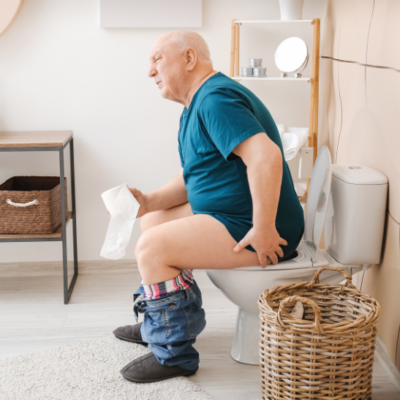
Rectal bleeding is an unpleasant condition to deal with, especially if you’re experiencing it after running or exercising.
However, it’s important to note that although you’re experiencing anal bleeding, this condition may be treated by consulting a medical professional who specialises in treating such conditions and by avoiding certain activities that may increase the risk of rectal bleeding.
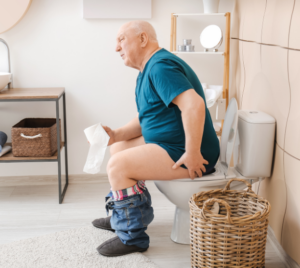
Causes of rectal bleeding after running
If you’re experiencing discomfort due to anal bleeding, especially after a strenuous activity such as running, you might be suffering from any of these underlying conditions:
Haemorrhoids
When running, your weight tends to shift, which may irritate the veins around the anal or rectal area, which can lead to bleeding—this might be darker in colour.
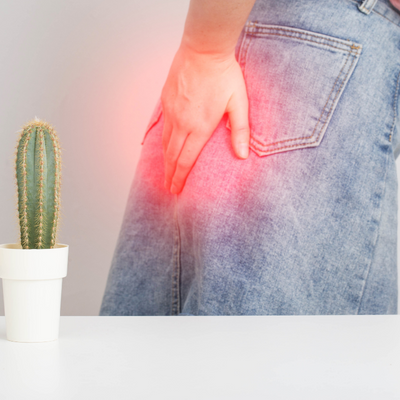
Tight clothing
If you notice trace amounts of blood in your stools or clothing right after running, it might be due to your clothes, such as your underwear or gym pants, being too tight.
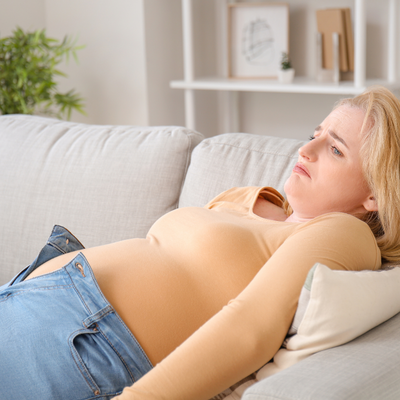
Nutritional supplements
If you run regularly, you might be consuming supplements to give you sufficient energy and nutrition. This may sometimes increase your risk of getting constipated often, and regular straining might cause haemorrhoids or rectal bleeding.
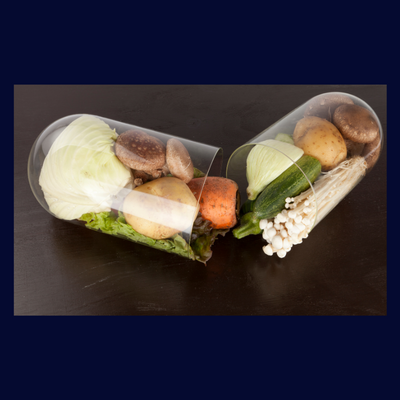
Other underlying causes for rectal bleeding might be:
- Irritable bowel syndrome
- Crohn’s disease
- Colitis
If you’re diagnosed with any sort of digestive issue, being physically engaged in activities such as running might increase your chances of experiencing rectal bleeding. Always make sure to follow proper treatment measures to manage any digestive problems to reduce the risk of bleeding.
Haemorrhoids
When running, your weight tends to shift, which may irritate the veins around the anal or rectal area, which can lead to bleeding—this might be darker in colour.

Tight clothing
If you notice trace amounts of blood in your stools or clothing right after running, it might be due to your clothes, such as your underwear or gym pants, being too tight

Nutritional supplements
If you run regularly, you might be consuming supplements to give you sufficient energy and nutrition. This may sometimes increase your risk of getting constipated often, and regular straining might cause haemorrhoids or rectal bleeding.

Other underlying causes for rectal bleeding might be:
- Irritable bowel syndrome
- Crohn’s disease
- Colitis
If you’re diagnosed with any sort of digestive issue, being physically engaged in activities such as running might increase your chances of experiencing rectal bleeding. Always make sure to follow proper treatment measures to manage any digestive problems to reduce the risk of bleeding.
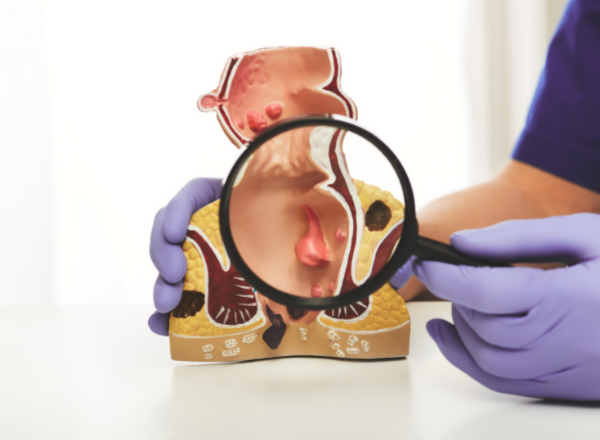
Treatment measures for anus bleeding after running
While rectal bleeding might be associated with the causes mentioned above, there might also be certain underlying health conditions that cause rectal bleeding which is triggered during physical activities such as running.
Depending on the underlying condition, your physician may provide you with the following treatment measures after diagnosis:
- Applying medicated ointments and suppositories to reduce the swelling of the veins if you’re diagnosed with haemorrhoids that may help with the bleeding
- Undergoing surgery might be recommended by your healthcare provider in the case of severe rectal bleeding due to cancer, to remove the tumour
- Making significant changes to your diet and increasing your water intake if you’re bleeding due to constipation
Treatment measures for anus bleeding after running
While rectal bleeding might be associated with the causes mentioned above, there might also be certain underlying health conditions that cause rectal bleeding which is triggered during physical activities such as running.
Depending on the underlying condition, your physician may provide you with the following treatment measures after diagnosis:
- Applying medicated ointments and suppositories to reduce the swelling of the veins if you’re diagnosed with haemorrhoids that may help with the bleeding
- Undergoing surgery might be recommended by your healthcare provider in the case of severe rectal bleeding due to cancer, to remove the tumour
- Making significant changes to your diet and increasing your water intake if you’re bleeding due to constipation

When should you see a specialist regarding your condition and how can they help?
If you’re frequently experiencing anus bleeding after running, it’s advisable to consult your healthcare provider to address the issue immediately as it may indicate a more serious health issue.
Your physician will conduct a thorough examination to find out the exact causes before recommending the most suitable treatment plan for you.

A professional gastroenterologist can help determine the causes of anus bleeding after running
An expert gastroenterologist will provide you with methods to manage your discomfort depending on the severity of your condition.
Schedule an appointment with a specialist today for an accurate diagnosis and suitable treatment plan.
